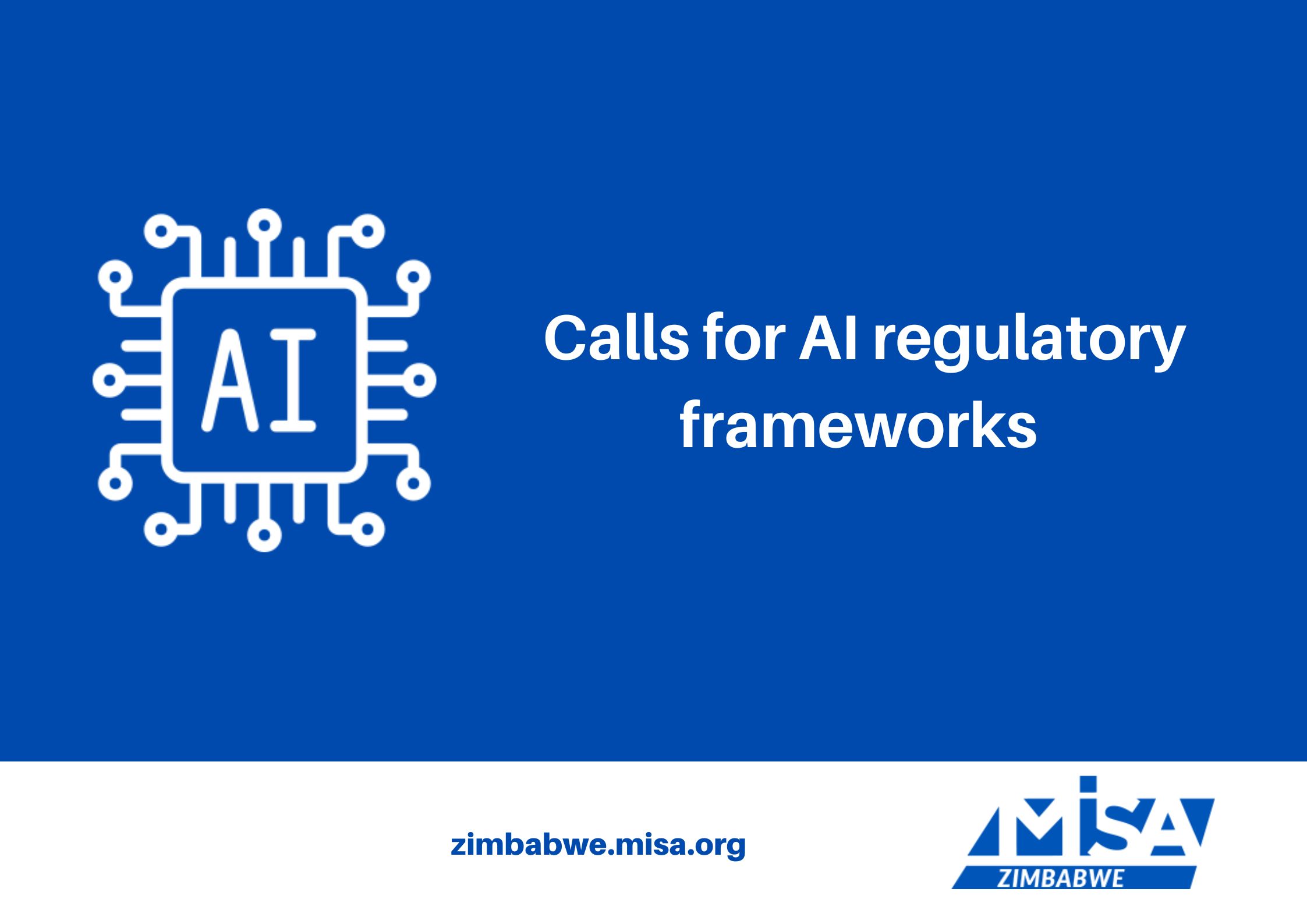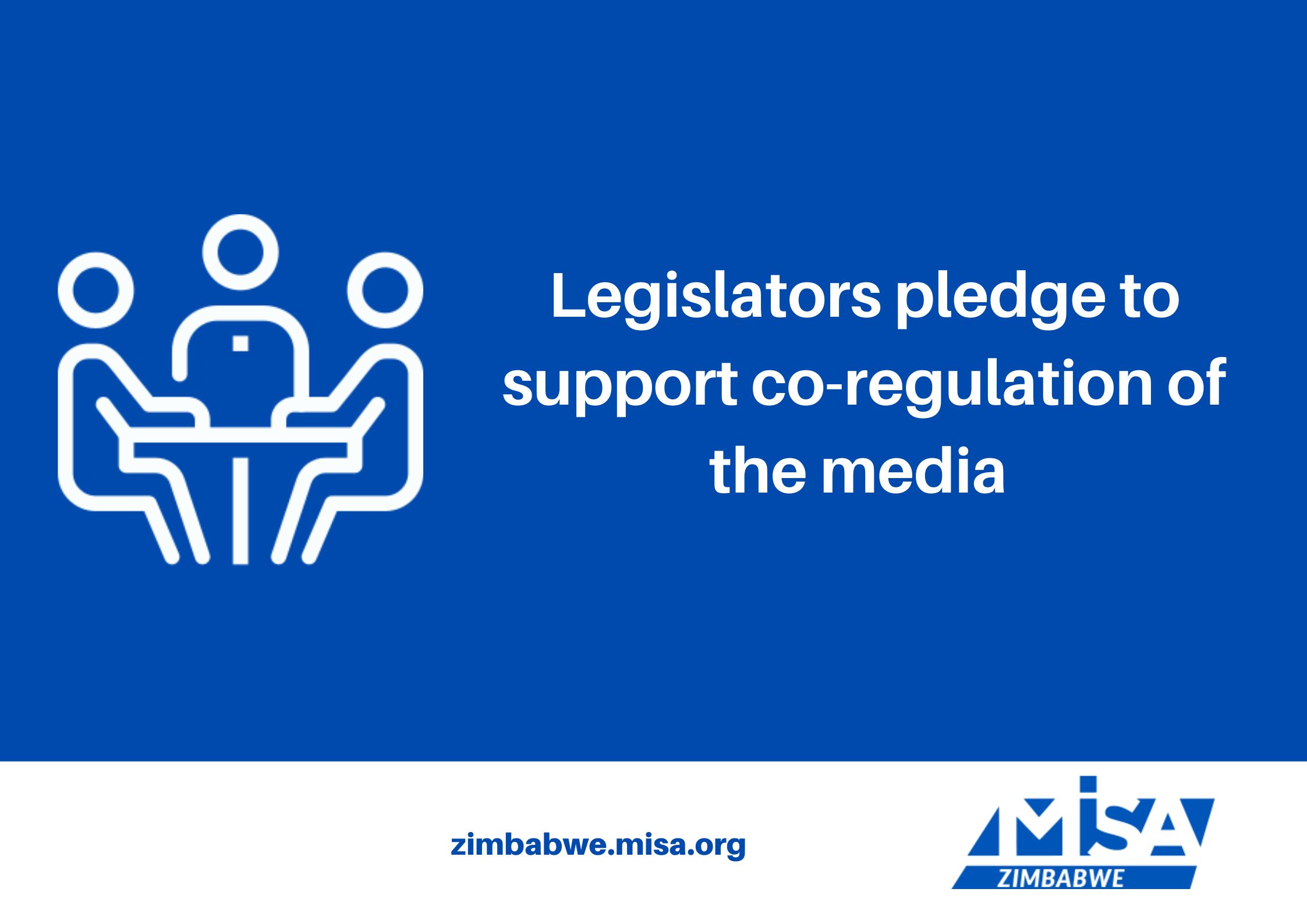Media practitioners and stakeholders have called for policies and regulations that recognise the new realities brought by Artificial Intelligence (AI).
Although the use of generative AI remains nascent in Zimbabwe, stakeholders have raised questions about its potential and the risks it poses to the media industry.
The calls were made during MISA Zimbabwe’s belated nationwide commemoration of World Press Freedom Day.
The commemorations ran under the theme Reporting in the Brave New World: The Impact of Artificial Intelligence on Press Freedom and the Media. The commemorations brought together media practitioners, policymakers, academics, and other stakeholders.
Journalists expressed concern that their work is being used by AI platforms without financial compensation and called for regulations to address this issue.
They advocated for innovative approaches to tackle misinformation arising from the use of AI. This could be achieved through investment in local AI platforms that recognise our culture and local languages.
Journalists acknowledged the need to upskill in order to utilise emerging technologies in their work effectively.
Media practitioners urged policymakers to ensure that the law-making process is sensitive to emerging trends and ensure new laws are fit for purpose. The laws should be progressive and acknowledge technological developments in this digital age.
In Gweru, journalist Itai Muzondo has established a media start-up that leverages AI in storytelling and encourages journalists to capitalise on the opportunities that new technologies offer.
He bemoaned that journalism, as an industry, was often slow in adopting new technologies and this affected operational efficiencies and led to redundancies.
Journalists, media stakeholders, local councillors, a former legislator and the police attended the meeting.
It explored how stakeholders could collaborate in dealing with AI-generated misinformation and disinformation, as these had a profound impact on citizen participation.
Meanwhile, the MISA Zimbabwe chapters in Chinhoyi, Mutare, Kwekwe, Gweru, Gwanda, Masvingo, Bulawayo and Harare elected new advocacy committees
MISA Zimbabwe Communique












